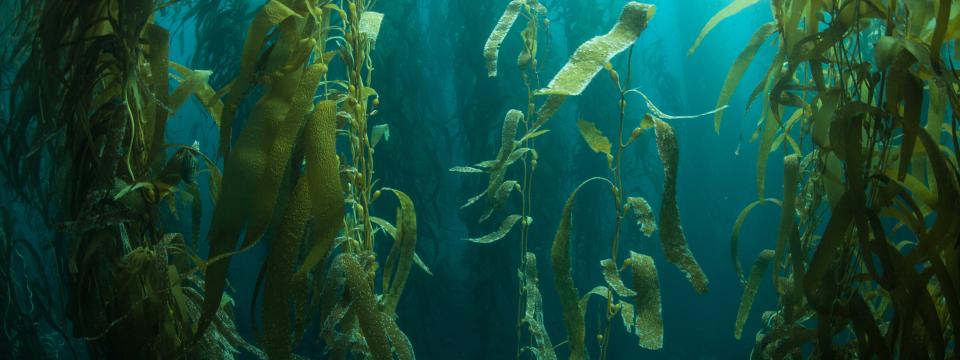This bibliography gathers publications over many years from a variety of researchers exploring topics of agency, directionality, and function (among others) with a special emphasis on CASP members. It began with work from teams within the initial Agency, Directionality and Function project and continues to be populated with papers and articles from diverse researchers looking to further develop and expand ways of working interdisciplinarily on the complex theme of teleology.
Included in the bibliography are entries for publications and books that many scholars involved in the Agency, Directionality and Function project recommended as foundational texts in their field of study. We welcome suggestions for additions to the bibliography from CASP members.
Agency and Autonomy
Depew, D.J. and B.H. Weber. (1995). Darwinism Evolving: Systems Dynamics and the Genealogy of Natural Selection. Cambridge (MA): MIT Press.
Desmond, H. (2022). Personhood, Welfare, and Enhancement. The American Journal of Bioethics, 22(9), 37–39.
Desmond, H., & Huneman, P. (2022). The integrated information theory of agency. Brain and Behavioral Sciences, 45, 22–24.
Di Paulo, E.A. (2005). “Autopoiesis, adaptivity, teleology, agency.” Phenomenology and the Cognitive Sciences 4:429–452.
Driesch, H. (1908). The Science and Philosophy of Organism, Volume 1. London: Adam and Charles Black.
Fortune, G. T., Oliveira, N. M., & Goldstein, R. E. (2021). Biofilm Growth Under Elastic Confinement [Preprint]. Biophysics.
Fulda, F.C. (2017). “Natural agency: the case of bacterial cognition.”Journal of the American Philosophical Association 3:69–90
Gambarotto, A., & Mossio, M. (2022). Enactivism and the Hegelian Stance on Intrinsic Purposiveness. Phenomenology and the Cognitive Sciences.
Gambarotto, A., & Nahas, A. (2023). Nature and Agency: Towards a Post-Kantian Naturalism. Topoi.
Ganti, T. (2003). The Principles of Life. Oxford: Oxford University Press.
Godfrey-Smith, P. (2012). “Darwinian individuals.” In From Groups to Individuals: New Perspectives on Biological Associations and Emerging Individuality.” Edited by F. Bouchard and P. Huneman. Cambridge (MA): The MIT Press.
Godfrey-Smith, P., Scheel, D., Chancellor, S., Linquist, S., & Lawrence, M. (2022). In the line of fire: Debris throwing by wild octopuses. PLOS ONE, 17(11), e0276482.
Hill, J., Oderberg, D. S., Gibbins, J. M., & Bojak, I. (2022). Mistake-Making: A Theoretical Framework for Generating Research Questions in Biology, With Illustrative Application to Blood Clotting. The Quarterly Review of Biology, 97, 13.
Kauffman, S. (2003). “Molecular autonomous agents.” Philosophical Transactions of the Royal Society of London, Part A 361:1089–1099.
Kauffman, S., Logan, R.K., Este, R., Goebel, R., Hobill, D. and Shmulevich, I. (2008). “Propagating organization: an enquiry.” Biology & Philosophy 23:27–45.
Laland, K.N., J. Odling-Smee, and S.F. Gilbert. (2008). “EvoDevo and Niche Construction: Building Bridges.” Journal of Experimental Zoology 310B:549–566.
Lean, C. H. (2022). Authenticity and Autonomy in De-Extinction. Ethics, Policy & Environment, 25(2), 116–120.
Love, A. C. (2023). Reflections on the Study of Biological Agency and its Evolution. Spontaneous Generations, 11(1).
Love, A. C., & Dresow, M. (2022). Organizing Interdisciplinary Research on Purpose. BioScience, 72(4), 321–323.
Lyon, P. (2006). “The biogenic approach to cognition.” Cognitive Processes 7:11–29.
Maturana, H. and Varela, F. (1972). Autopoiesis and Cognition: The Realization of the Living. Boston Studies in Philosophy of Science, Vol. 42.
Maynard Smith. J. and Szathmary, E. (1995). The Major Transitions in Evolution. Oxford: Oxford University Press.
Michod, R.E. (2007). “Evolution of individuality during the transition from unicellular to multicellular life.” Proceedings of the National Academy of Sciences, United States of America 104(suppl 1):8613–8618.
Michod, R.E. and Roze, D. (2001). “Cooperation and conflict in the evolution of multicellularity.” Heredity 86:1–7.
Militello, G., Bich, L., & Moreno, A. (2021). Functional Integration and Individuality in Prokaryotic Collective Organisations. Acta Biotheoretica, 69(3), 391–415.

